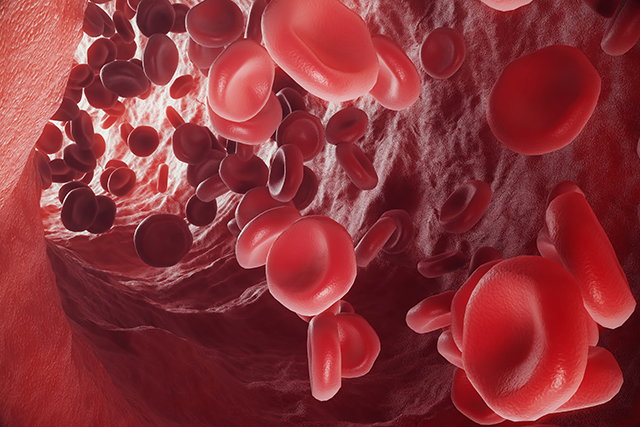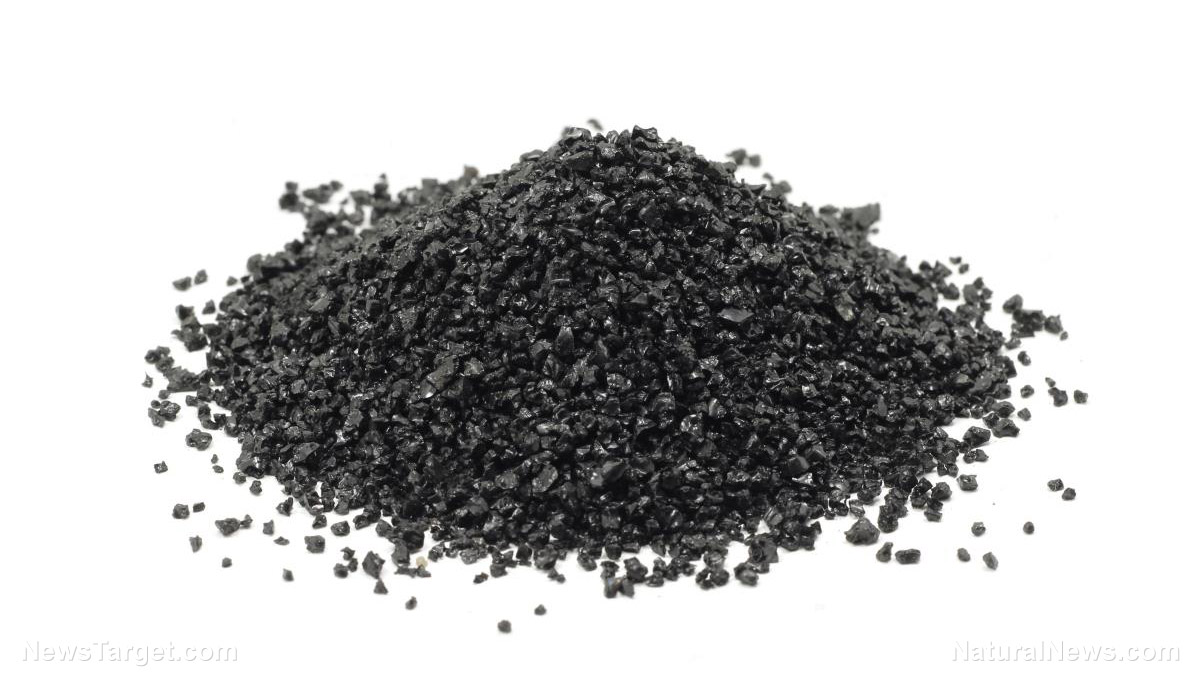Unsung hero: Taurine is one of the most amazing amino acids out there
01/30/2019 / By Michelle Simmons

Taurine, which is a substance produced by cysteine and methionine, is hailed as an “unsung hero” of health-boosting amino acids.
One of the most notable health benefits of taurine is its ability to preserve and enhance brain function. Evidence shows that taurine can protect the brain from cognitive changes associated with environmental toxins. This, in turn, can reduce memory loss and hamper brain aging. At the same time, it promotes the production of new, healthy brain cells.
Taurine’s ability to stimulate the production of new brain cells and connections can contribute to the reduction of age-related losses of memory and impairments in learning functions. In addition, healthy neurons are essential for promoting the creation and retention of new memories.
Moreover, taurine can help regulate both blood pressure and blood sugar levels and inhibit beta-amyloid protein protection — which are factors that influence brain aging and shrinkage.
The brain-protective effect of taurine has been proven in animal and human studies. In animal studies, middle-aged mice that received taurine experienced rapid growth in stem cells in the brain, as well as enhanced differentiation into adult brain cells. Researchers found similar outcomes with human brain cells.
Another animal study has shown that supplementing with taurine for six weeks suppressed the onset of cognitive impairments with an animal model of Alzheimer’s disease.
Taurine can also inhibit the potentially harmful effects of toxin exposure. A study published in the journal Environmental Pharmacology and Toxicology in 2013 exposed rats to either an organophosphate pesticide (chlorpyrifos), a heavy metal (lead acetate), or both. The study authors found that all rats exposed to the toxic chemicals exhibited visible degeneration and deterioration of brain tissue. However, when they administered taurine to the rats at the same time they exposed them to the toxic chemicals, the damage was completely prevented.
Other reasons why taurine is essential for your health
Taurine also improves mood and reduce anxiety. A study has reported that it amplifies the effects of the “calming” neurotransmitter called GABA, at the same time boosting levels of glutamic acid decarboxylase, a GABA precursor.
Taurine can also potentially cut the frequency and severity of epileptic seizures because of its ability to protect the brain from excitotoxicity. Additionally, it can shield brain cells from oxidative damage that comes after a stroke.
This amino acid also boosts insulin secretion and action, which play a role in the brain’s ability to control glucose. There is also some evidence that taurine can help boost athletic performance, improve eyesight and overall eye health, completely eliminate ringing in the ears, regulate muscle contractions, and protect liver cells from radical and toxin damage. (Related: Why taurine is much more than an athletic performance supplement.)
Furthermore, a deficiency in taurine can negatively affect health. Research has found an association between low taurine levels and various diseases, such as high blood pressure, mood disorders, hypothyroidism, autism, obesity, and kidney failure. Taurine deficiency causes symptoms like anxiety, depression, and insomnia. Other markers of low taurine levels include irritability, migraines, obsessive thinking, and restlessness.
Apparently, levels of taurine decline with age. Taurine levels can also drop due to obesity, smoking, heart disease, and Candida overgrowth. To increase taurine levels and avoid deficiency, eat foods such as meat, fish, and dairy. Smaller amounts of taurine may also be obtained from foods, such as organic, grass-fed meat, seafood, free-range eggs, and Brewer’s yeast. Taking taurine supplements at doses between 500 and 3,000 milligrams (mg) a day is effective, cheap, and safe.
Read more news stories and studies on the health benefits of taurine by going to Nutrients.news.
Sources include:
Tagged Under: Amino Acids, brain function, brain health, natural cures, natural medicine, nutrients, prevention, remedies, supplements, taurine




















